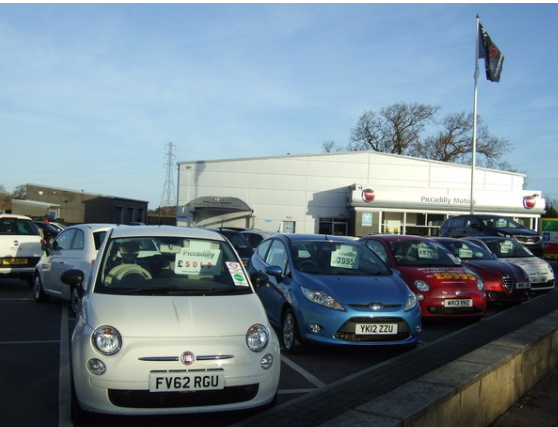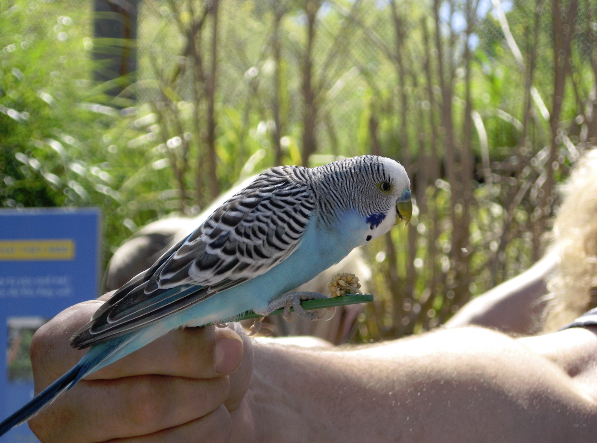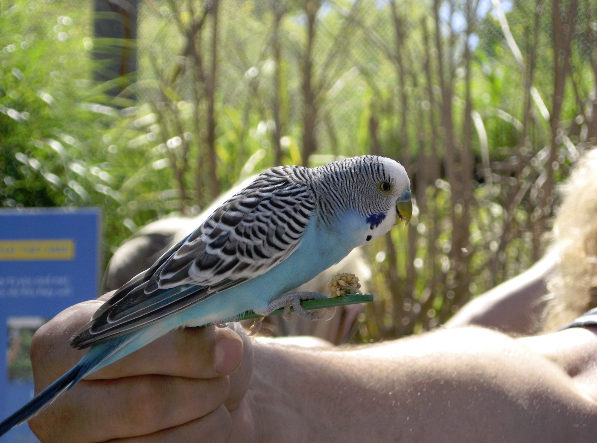Even Car Dealers And Zoos Are Now Using Big Data To Bump Up Their Profits
Big data is something that has been around for a long, long time. But it’s only recently that we’ve been able to get at it and do something useful with it. Until the last decade or so, it was hopelessly filed away in things like handwritten ledgers and invoice receipts, stuffed in metal filing cabinets, never seeing the light of day. Things could be done with the data, but the time and effort required to make it happen just weren't worth it.

Now, though, thanks to the falling costs of technology, big data is going mainstream - and more importantly, it’s finding it’s way into the world of small businesses. Here, we’re going to look at how small businesses have taken advantage of the new big data management tools available, and how they’re transforming their businesses.
Carvana, Phoenix
Most people think that big data is just something that companies in Silicon Valley do to improve their “business intelligence.” But the experience of used-car dealership Carvana proves that this isn’t the case. Carvana wants to solve the problem of “lemons” - used cars that have loads of problems that make it into the hands of customers because they don’t know what they’re buying. At the moment, the market solves the problems of lemons with car dealerships. But ever since the dawn of time, car dealerships have been loathed because of their pushy salespeople. It’s just not a pleasant environment for most buyers.

Now Carvana has employed a team of five data scientists to work alongside the rest of the company’s regular staff. This group is tasked with using big data to work out whether a car is a lemon or not before the company goes ahead and buys it. They’re collecting all sorts of metrics to work out whether any particular car for sale at auction is likely to be a dud, helping them save time and money on repairs, as well as making sure that their customers don’t have a bad experience either. Because of the technology that the company is using, they say that they can now save their clients an average of $1,500 per car, all thanks to the fact that they can identify the good cars in amongst the lemons.
Point Defiance Zoo And Aquarium, WashingtonPoint Defiance Zoo’s bottom line had long been subject to the whims of the weather. When the weather was good, the business did lots of business. But when it was bad, business could be slow. With the right management, this wouldn’t be a problem, but thanks to the unpredictable weather of the Pacific Northwest, actually knowing what the weather was going to be was difficult. The local forecasts were often wrong, and this meant that the zoo frequently found staffing difficult.

The zoo decided that it would be a good idea, therefore, to use big data to make better predictions about the weather. It partnered with a big tech firm to use weather and climate data to predict how many visitors would show up over the course of a week or at the weekend. The tools proved accurate at the forecasting enabled the zoo to capitalize on busy days while saving on wages on other days. As a result of all their big data analysis, the
Comments
There are 0 comments on this post

















